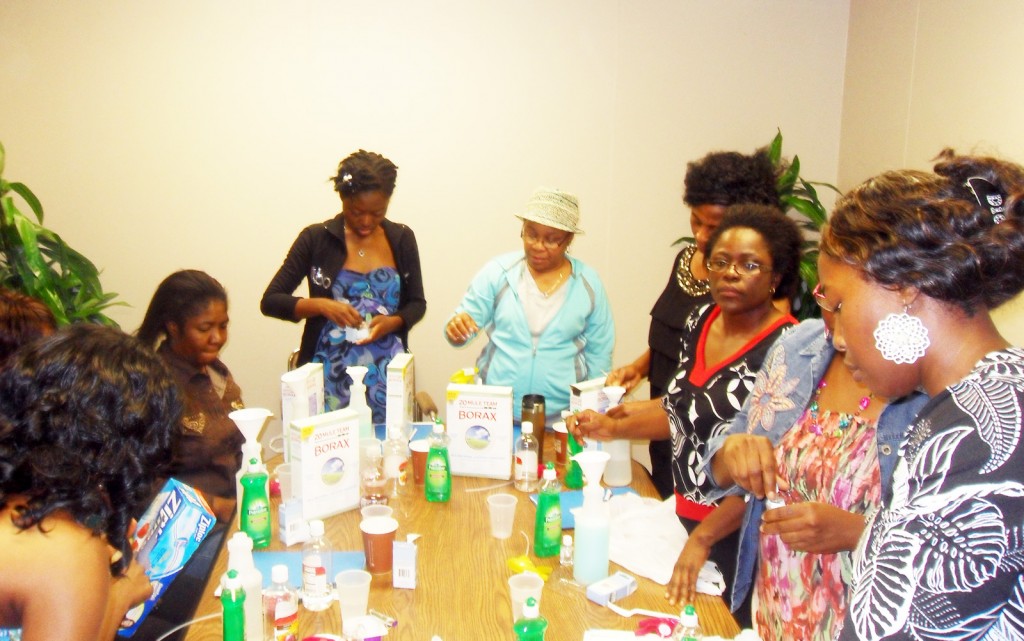New Era - Canada cracks down on Namibian immigration violators
WINDHOEK - Canada has singled out Namibians as the biggest violators of Canadian immigration laws. Namibians are fingered along with Batswana and Swazis for alleged human trafficking and presenting fraudulent documents.
This has prompted the Canadian government to put up visa requirements for Namibians travelling to Canada, revising its previous visa exemption for Namibians.
"In the case of Namibia, Botswana and Swaziland, human trafficking, especially of minors, and fraudulent documents are of significant concern," Canadian Citizenship, Immigration and Multiculturalism Minister Jason Kenney announced on September 11.
"These changes are necessary because all the countries concerned have an immigration violation rate of over 30 percent, well above the level we deem acceptable for countries benefiting from a visa exemption," said Kenney.
Namibia's violation of Canadian immigration laws was at 81 percent in 2011 compared to other African countries.
It has also emerged that nearly 71 percent of Namibian passport holders who travel to Canada claim asylum status.
Hence, citizens of Namibia, Botswana and Swaziland now require a visa to travel to Canada.
New Era previously reported that Namibia was the third largest source of new refugee protection claims with the Immigration and Refugee Board (IRB) of Canada in 2011.
IRB's Senior Communications Advisor Melissa Anderson confirmed this, although she could not confirm the actual number of Namibians who have claimed refugee protection status in Canada. There were however more than 1 000 pending claims submitted by Namibians on December 31, 2011.
Executive Producer at the Namibian Broadcasting Corporation (NBC) of the Otjiherero radio service Uzeraije Tjazerua, who visited the North American country in April this year to do a story on the issue, estimates the number of Namibians in Canada to be above 3 000.
Namibians seeking asylum in Canada submit a number of fraudulent claims in support of their purported need for asylum status. These include reasons that education is not free in Namibia, that homosexuals are discriminated against, the disputed 51 percent unemployment rate, as well as domestic violence.
The High Commission of Canada to South Africa also confirmed the new requirement, stating that beginning September 11, all citizens of Namibia will require a visa to travel to Canada. They can apply at the visa office in Pretoria.
"We continue to welcome genuine visitors to Canada," said Kenney, adding that the changes are necessary to protect the integrity of Canada's fair and generous immigration system by helping to reduce an unacceptably high number of immigration violations.
These changes will allow Citizenship and Immigration Canada (CIC) and its partners to ensure that those seeking to visit Canada intend to return to their country of origin, rather than overstaying or committing other immigration violations, according to the minister.
Kenney said Canada regularly reviews its visa requirements towards other countries and that countries are aware that they have a responsibility to satisfy certain conditions to receive a visa exemption.
"It is up to the applicants to satisfy visa officers that their visit to Canada is temporary; they will not overstay their authorised stay; they have enough money to cover their stay; they are in good health; they do not have a criminal record; and they are not a security risk to Canadians," he emphasised.
The High Commission of Canada to South Africa further clarified that any person intending to travel to Canada can apply by mail, by courier or in person, however in the coming months travellers will be able to apply online for all temporary resident visas.
The commission advised frequent travellers to apply for a multiple-entry visa, which is valid for up to 10 years.
In addition, individuals already in Canada can remain in that country subject to the terms of their authorised stay.

